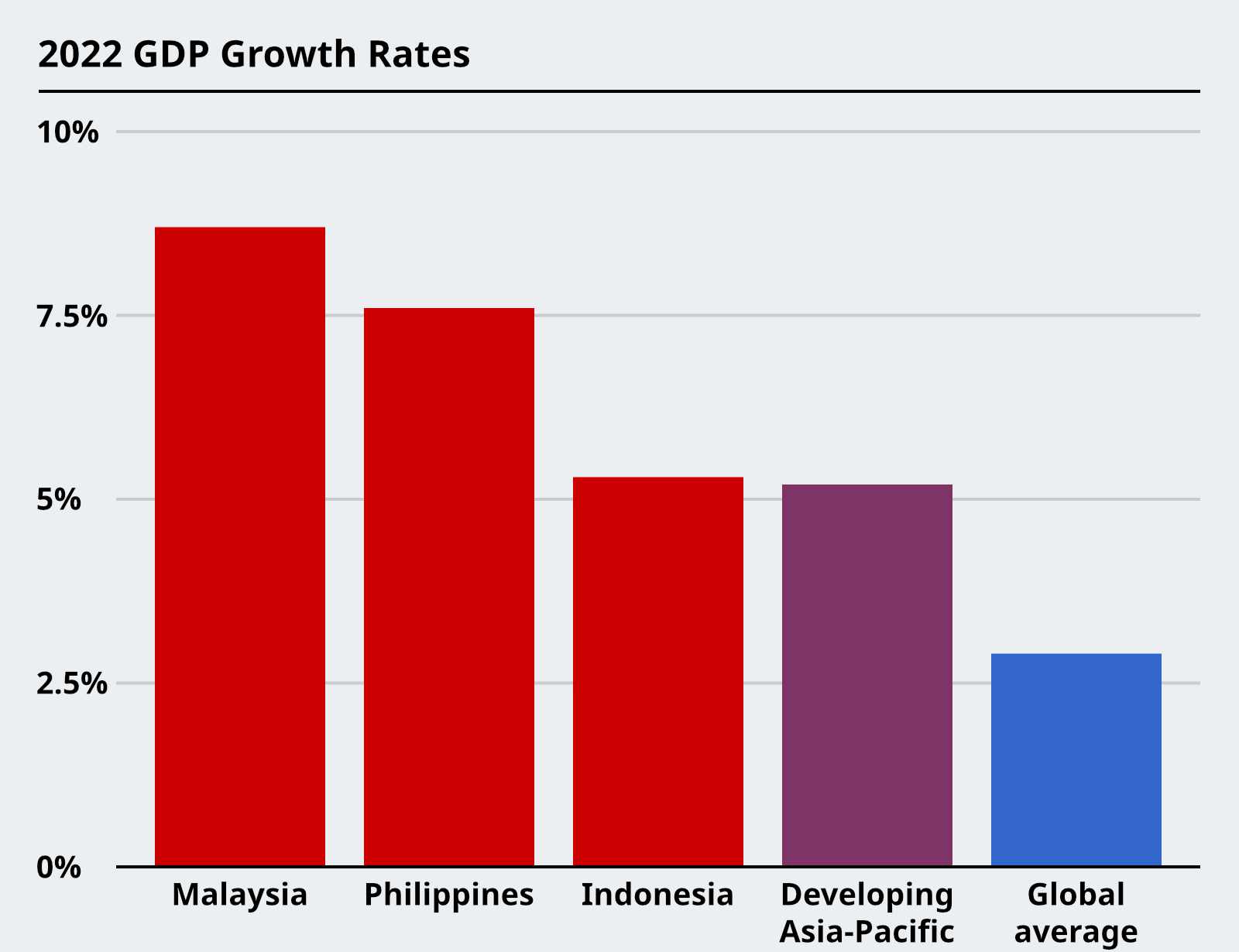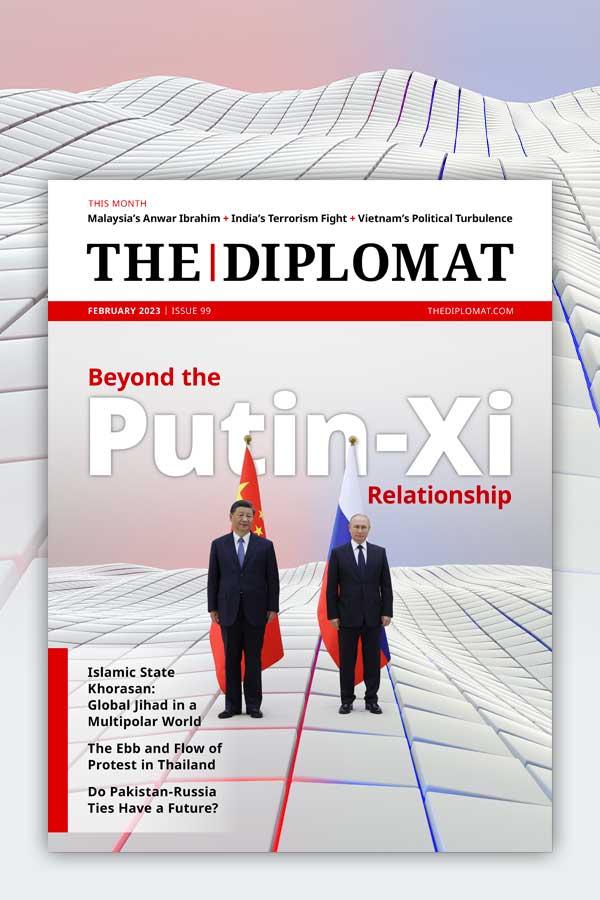| Welcome to the latest issue of Diplomat Brief. This week our top story explores the disillusionment in Ladakh with the region’s union territory status – once so prized by locals. We also have an interview with British journalist Oliver Slow, who lived and worked as a journalist in Myanmar between 2012 and 2020, on the deep roots of the February 2021 military coup in Myanmar. |
| Story of the week |  | Politics Disillusioned, Ladakh Turns to ProtestsWhat Happened: The August 5, 2019, decision by India’s government to revoke Jammu and Kashmir’s special status, and split the state into two union territories, sparked anger in Kashmir. In neighboring Ladakh, however, there was joy. Ladakhis were glad to see their homeland separated out into its own union territory. But the jubilation was short-lived, as Ladakhis now claim the government has not fulfilled its promises of economic development and representation. “Ladakh was disenfranchised when the central government made it into a union territory. The remaining powers of the autonomous hill councils were taken away by the administration of the union territory,” Nawang Rigzin Jora, co-chairperson of the Leh Apex Body, said. Our Focus: Groups from Ladakh’s two districts, Buddhist-majority Leh and Muslim-majority Kargil, have joined together to issue four demands to the central government. “We want statehood for Ladakh; we want it to be included under the 6th schedule of the Indian Constitution. We want parliamentary representation for both of the districts and we want job security and reservation for our unemployed youth and a Public Service Commission,” Sajad Kargili, one of the leaders of the Kargil Democratic Alliance, told The Diplomat. Dissatisfied with the center’s response, the Leh Apex Body and Kargil Democratic Commission are now organizing protests – including support a hunger strike by adakh’s celebrated educator and innovator Sonam Wangchukh in late January. “Today I very disappointingly want to say that we were better off with Kashmir than today’s union territory,” Wangchukh said in explaining his one-man protest. What Comes Next: Adding fuel to the fire, Ladakh has also seen clashes between China and India over their disputed border. India’s central government wants to keep control over Ladakh given its strategic location, while locals want increased autonomy, protection for their unique tribal cultures, and employment prospects. With no sign of a breakthrough thus far, Ladahki activists have vowed to continue protest until their demands are met, upping the political tensions in this geopolitically sensitive region. Read this story |
| Behind the News | INTERVIEW Oliver SlowBritish journalist Oliver Slow, author of “Return of the Junta: Why Myanmar’s Military Must Go Back to the Barracks,” on the unique violence of the current military regime: “I don’t want to claim for a second that previous juntas in Myanmar weren’t violent, but I don’t think we’ve ever seen such sustained violence by its forces across the entire country every day.” Read the interview |
| This Week in Asia | Northeast Asia KMT Official Wraps up 9-Day China VisitAndrew Hsia, the vice chair of Taiwan’s opposition Kuomintang (KMT), is finishing up a trip to China this week. His reception in China – including a meeting with Politburo Standing Committee member Wang Huning – signals Beijing’s hopes for a friendlier KMT government to win Taiwan’s 2024 elections. Meanwhile, the KMT, often derided for being too friendly to China, is trying to calibrate its cross-strait position to increase its electoral odds. Find out more | South Asia Pakistan Hikes Taxes in Search of IMF FundsAs Pakistan creeps closer to default, the government hiked taxes on natural gas from 16 percent to 112 percent. The shock move is intended to appease the IMF, which has been withholding the next tranche aid – worth $1.2 billion – until Pakistan follows through on commitments made in a 2019 deal to raise taxes. Pakistan is truly in a bind: Experts project the tax hikes will send inflation spiking to 40 percent, but without funds from the IMF it could soar to over 60 percent. Find out more | Southeast Asia Cambodia Shuts Down Independent News OutletThis week, Cambodian authorities revoked the operating license of Voice of Democracy (VOD), one of the country’s last remaining independent media organizations, forcing it to cease operations. The move came after Prime Minister Hun Sen took umbrage at an innocuous VOD article about Cambodia’s earthquake aid to Turkey. The decision has prompted a storm of condemnation from civil society groups and Western governments, and is set to increase international scrutiny on the country in the run-up to national elections in July. Hun Sen will be counting on backing from Chinese President Xi Jinping, who last week declared that China “firmly supports Cambodia in safeguarding national sovereignty and security.” Find out more | Central Asia Central Asia's Climate Change ChallengeAmid Central Asia's many challenges – poverty, political instability and an energy crisis – the climate crisis is not receiving as much attention as in other regions. It's an issue, however, that cannot be ignored . From the slow death of the Aral Sea to more frequent natural disasters, climate change is already degrading Central Asia’s security. Find out more |
| Visualizing APAC |  | Despite a gloomy global mood, 2022 was a banner year for many Southeast Asian economies, which surged well ahead of the global average. See the full picture |
| Word of the Week | Society 人矿Rén kuàng, literally meaning “human mine” in Mandarin, is an internet neologism coined to express people’s frustration with being viewed as consumable resources by the Chinese government – with reproduction subject to strict management according to national needs. Find out more |
|  |



